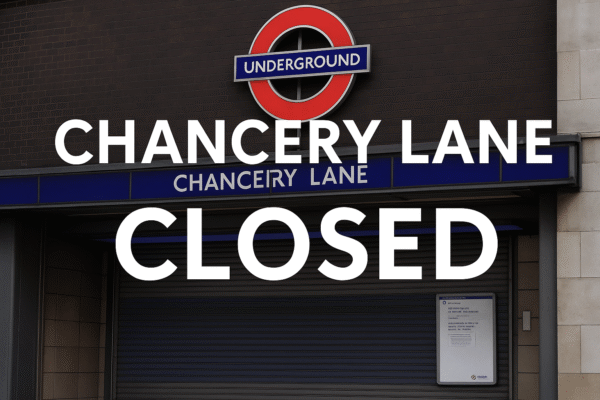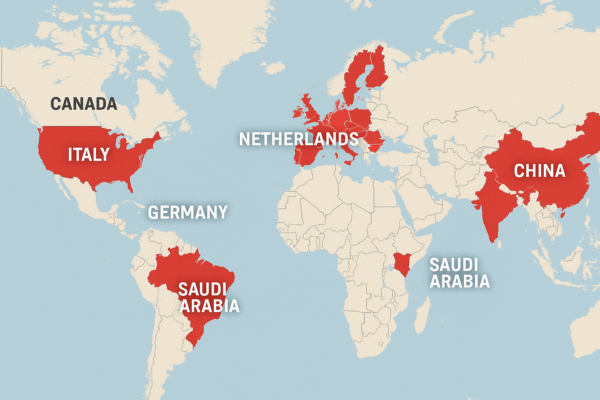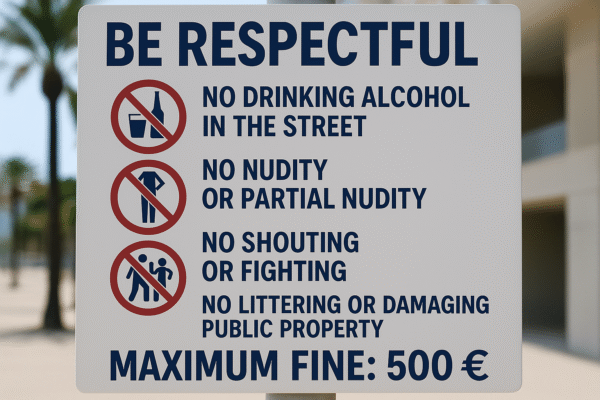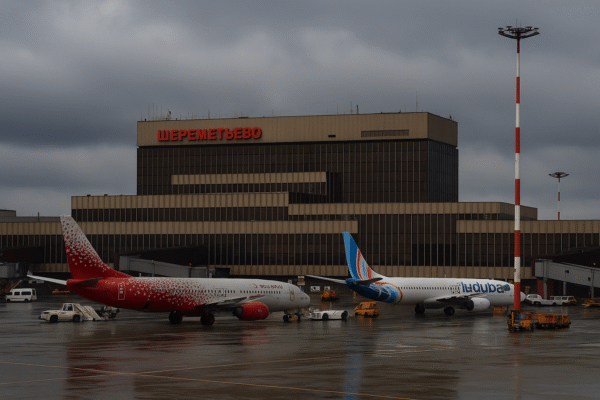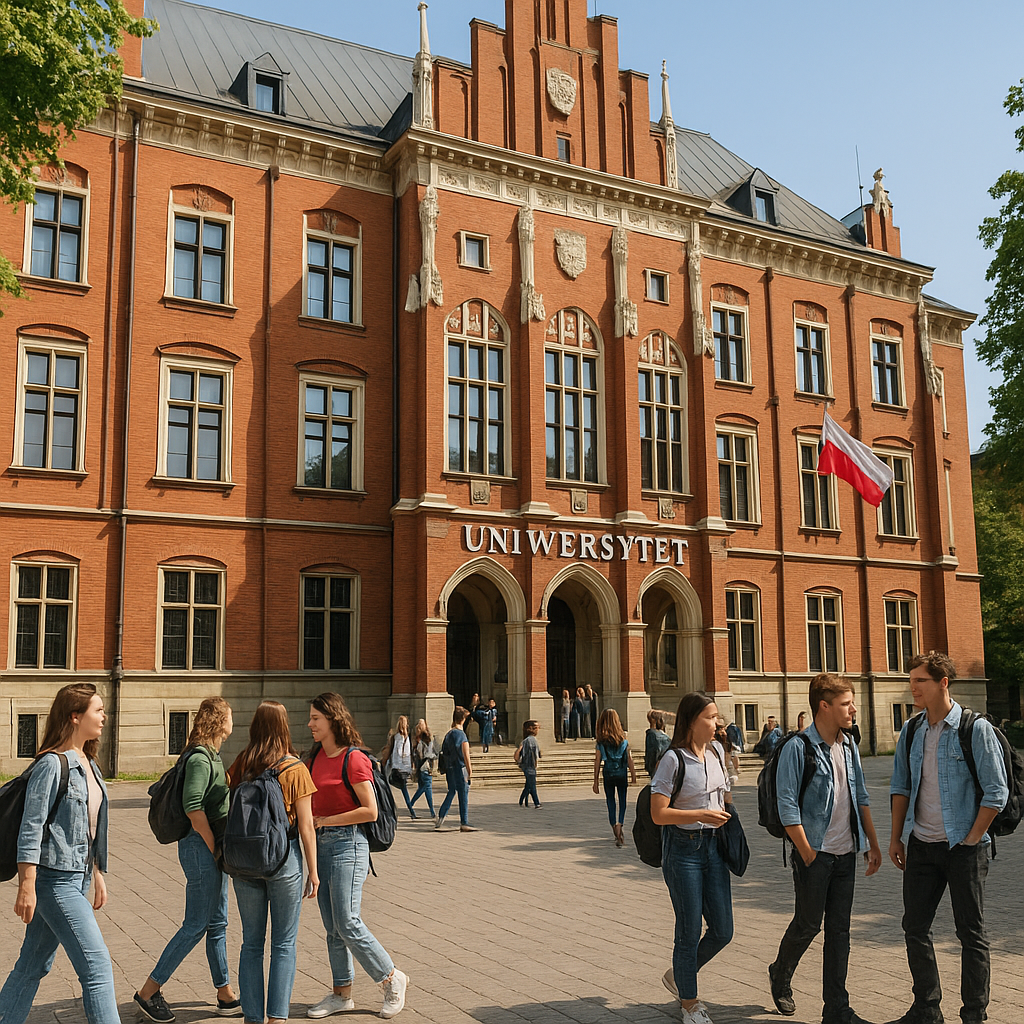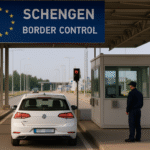International students seeking to study in Poland now face significantly tougher entry regulations as the country implements comprehensive changes to its migration policies. The newly enforced measures, effective from June 2025, form a central component of Poland’s revised Migration Strategy, which was officially adopted in October 2024.
This strategic overhaul by the Polish government emphasizes national security, education integrity, and labor market alignment, reflecting a broader shift across the European Union to refine immigration pathways while clamping down on abuses of the student visa system.
Key Changes for International Students
Under the updated framework, prospective students must demonstrate B2-level language proficiency in the medium of instruction—Polish or English—before they can be granted a student visa. This requirement aligns with the Common European Framework of Reference for Languages (CEFR) and aims to ensure that applicants can fully engage with their academic coursework.
In addition, students are now obligated to present officially verified academic records, including diplomas and transcripts. These documents must be certified by the National Agency for Academic Exchange (NAWA), which is responsible for confirming the authenticity of secondary school qualifications, especially for applicants coming from outside the European Union.
Universities themselves are subject to stricter oversight. They must verify that each admitted international student has physically begun their studies. Institutions found enrolling students who fail to attend or who misuse student visas may face penalties or lose their accreditation to host international learners.
Curbing “Fictitious Students”
One of the government’s main objectives is to combat the rise of so-called “fictitious students”—individuals who use student visas primarily to gain entry into Poland for employment or migration, rather than academic purposes. To address this, the Ministry of Interior has introduced admission caps for foreign students, particularly in private institutions where such practices were reportedly more common.
“We welcome every genuine student who wants to study at our universities,” Prime Minister Donald Tusk stated during the policy rollout. “But we are determined to prevent the misuse of our education system by networks facilitating illegal immigration under the guise of academia.”
Reforms Extend Beyond Education
The crackdown on visa misuse extends to other categories of foreign residents as well. Individuals holding residence permits from other EU nations, or Polish visas issued for cultural events, sports, or transit, will now encounter additional scrutiny when applying for temporary residence or work permits in Poland.
Furthermore, regional governors (starostas) will now be empowered to create localized lists of occupations for which foreign workers will not be granted permits. These lists are expected to reflect real-time labor market needs and protect employment opportunities for Polish citizens.
In tandem, Voivodship Labour Offices will conduct biannual assessments of average wages in each sector and region to ensure foreign employees are not underpaid. Employers found guilty of hiring undocumented or underpaid migrant workers will face steeper fines and penalties under the revised regulations.
Mixed Reactions from Academic Institutions
Poland has become an increasingly popular destination for international students in recent years, thanks to affordable tuition, a growing number of English-taught programs, and its central location in Europe. In 2024, over 105,000 international students were enrolled in Polish universities, according to data from Study in Poland, a project co-managed by the Polish Ministry of Education and Science.
However, academic institutions are expressing concern over the new rules’ potential to slow down international student enrolment and impact the financial health of universities, especially smaller private colleges that rely heavily on tuition fees from non-EU students.
“The requirement for B2 language proficiency is justified, but the sudden enforcement may leave many applicants stranded mid-application,” said a spokesperson for the University of Warsaw. “Institutions need clearer transition guidelines to adapt.”
A Balancing Act Between Openness and Control
While the government has reiterated that Poland remains open and welcoming to legitimate students and skilled professionals, it is also clear that these new measures reflect a more tightly controlled approach to immigration—particularly in light of past incidents involving fraudulent visa schemes.
In 2023, the Polish Ministry of Foreign Affairs initiated investigations into alleged abuses of the student visa system, prompting calls for an overhaul. The 2025 reforms are the direct outcome of those findings and are designed to protect the integrity of Poland’s academic and labor systems.
Looking Ahead: Implications for Students and Universities
The stricter policies could bring greater transparency and accountability to the Polish higher education sector. They may also prompt institutions to invest more in compliance mechanisms, including digital monitoring of student attendance, real-time visa tracking, and improved cross-border verification systems.
On the flip side, students from developing countries may now face additional administrative hurdles and higher entry costs, which could deter them from choosing Poland as their study destination. The challenge for policymakers will be to ensure that genuine students are not unfairly penalized in the effort to weed out bad actors.
For now, prospective international students are advised to consult with official government portals, including NAWA and the Office for Foreigners (Urząd do Spraw Cudzoziemców), to stay updated on the latest eligibility requirements, document standards, and application timelines.
For more travel news like this, keep reading Global Travel Wire





